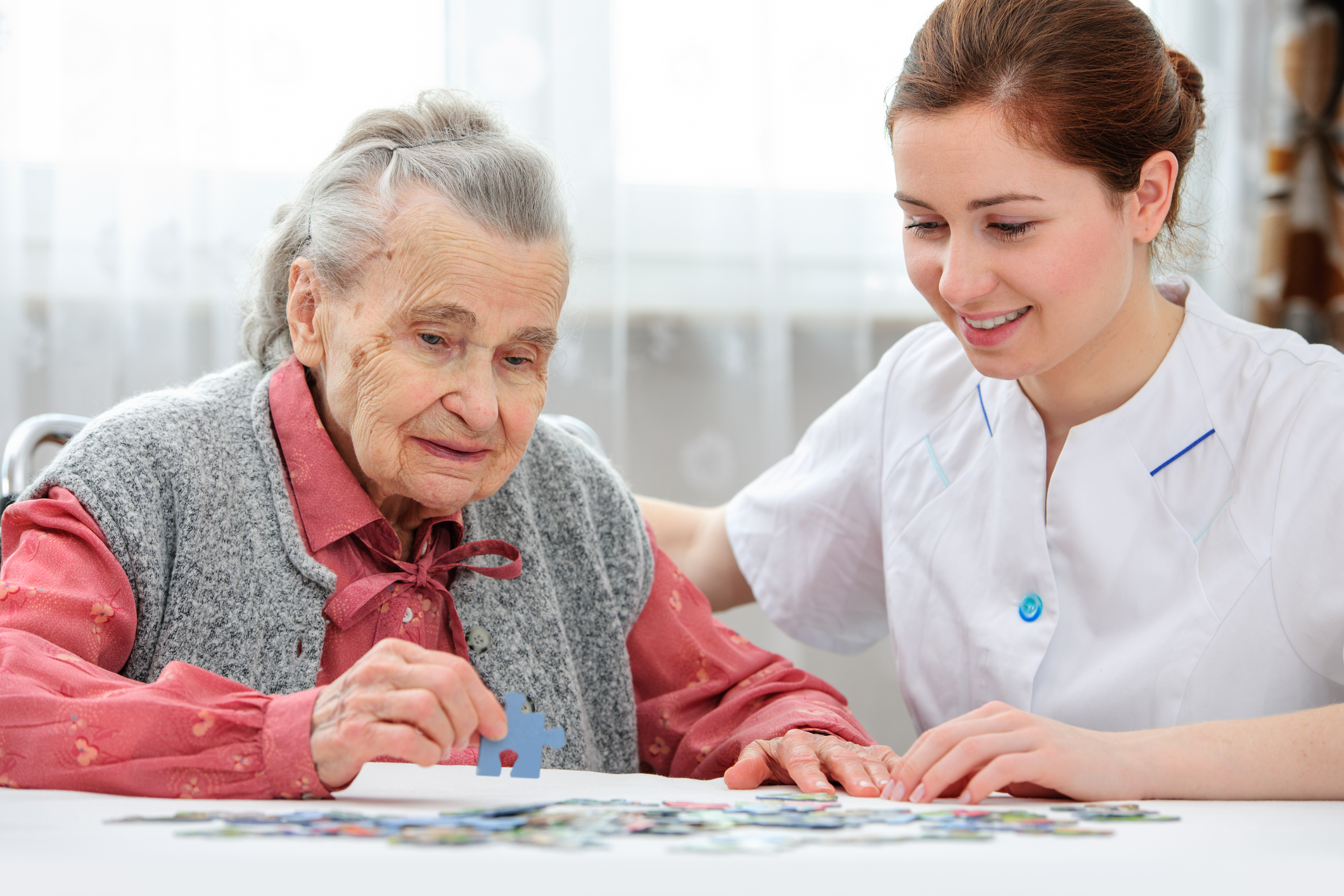Being a caregiver for an older adult with dementia takes a toll; both physically and emotionally and many informal caregivers find themselves socially isolated and lacking time to take care of their own health and well-being. And even when respite care is available, studies have shown caregivers of loved ones with dementia don’t often use the various services available to them.
According to a recent McMaster Optimal Aging Portal blog post, an estimated 50 million people are living with dementia globally, and with a rapidly aging population, that number is projected to triple by 2050. Many older adults with dementia are cared for at home by a family member. In addition to memory problems, seniors with dementia may have difficulty performing daily tasks and often exhibit behavioral changes such as sundowning, in which people with dementia become more confused and agitated in the evening. Caregivers for people with dementia work hard to maintain a regular schedule, minimize stress and provide comfort and familiarity to avoid triggers that could cause upset.
It’s not surprising then, that caregivers are hesitant to change the daily routine for a loved one with dementia by accessing respite care. Older adults may also believe that providing care for their spouse or other family member is their duty and even if they are aware of day respite care, may be less likely to use these services. Transportation and access to community-based services may also be an obstacle for caregivers using respite care.
Family and friends can help by encouraging caregivers to take care of themselves so they can continue to look after the need of their loved one with dementia. Without making time for health care, exercise or social activities, caregivers can develop depression, become isolated and suffer health problems of their own. By accepting help, staying connected with friends and family and establishing personal health goals, caregivers can continue to provide care and avoid burnout and stress.
Learn more about preventing burnout for the dementia caregiver by following this link to the Family Caregiver Alliance website.






Add Your Voice
0 Comments
Join the Discussion